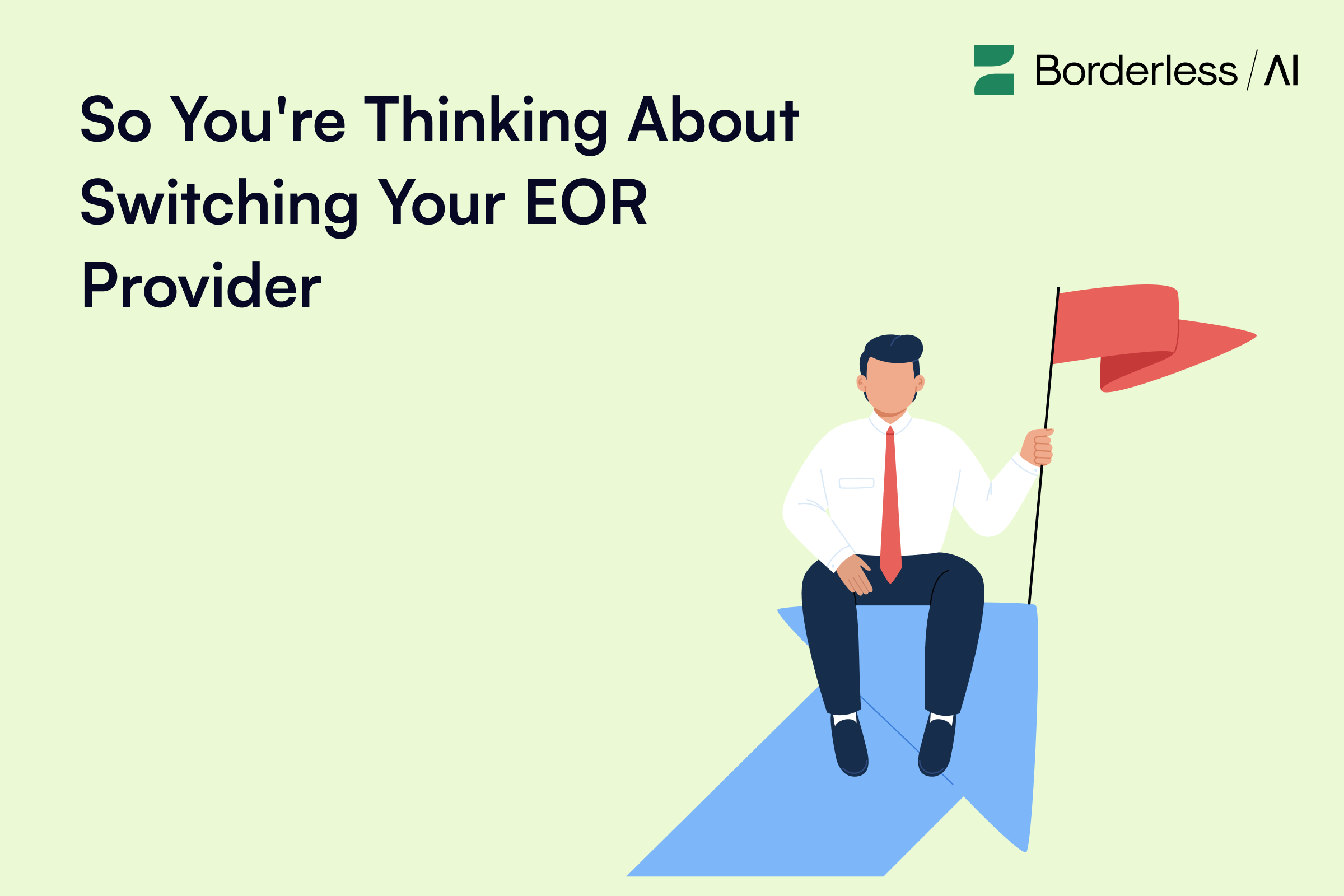With the shift to remote working, companies across the globe are increasingly seeking top-tier, remote talent beyond the corporate HQ. If you’re looking to expand into the heart of Europe, Switzerland makes a great choice, thanks to a highly skilled labor force and extremely well developed financial services sector.
When it comes to hiring Swiss talent, salaries aren’t the only monetary consideration to factor into your budget. It is important to consider the costs of setting up an employment package which can include things like taxes, social security contributions, overtime and vacation pay, stipends, and benefits.
Let’s analyze the costs of hiring an employee in Switzerland. This includes mandatory and optional expenses, helping you expand your global reach without increasing hiring costs.
Costs to Consider When Hiring Around the World
The basic hiring costs in Switzerland include:
- Employee’s gross salary
- Taxes and benefits
- Vacation pay and other leaves
- Overtime pay
- Severance pay
Plus, you may want to add certain optional costs like benefits, bonuses, and extras.
Mandatory Costs of Hiring in Switzerland
Mandatory hiring costs are non-negotiable expenses when hiring remote, Swiss talent. Proper accounting of salaries, taxes, overtime pay, and vacation pay is essential. Otherwise, you may risk non-compliance with local labor laws and regulations.
Salary
Switzerland is home to a highly educated workforce, thanks to many top-tier universities across and free tuition. Switzerland does not have a minimum wage but collective bargaining agreements are used within many industries to ensure fair compensation. For example, the Zurich City Parliament decided to introduce an hourly minimum wage of CHF 23.90 (USD 26.25) earlier this year. Salaries will vary greatly among industries and job types and with a very low unemployment rate and stable economy, it is wise to offer a competitive salary to attract top-tier Swiss talent to your company.
Taxes and Benefits
Switzerland has a complex three-tiered taxation structure on the national, regional, and local level. This means income tax rates may vary significantly within the country but typically range from 8.17% - 23.50%.This includes:
- Old Age, Survivors, and Disability Insurance: 5.30%
- Unemployment Insurance: 1.10%
- Supplementary Unemployment Insurance: 0.50%
- Family Compensation Fund: 1.00% - 3.00%
- Supplemental Unemployment Insurance: 0.17% -13.50%
- Vocational training Fund: 0.10%
- Occupational Pension Scheme: varies depending on employer
Paid Leave
There are several types of paid leave entitlements in Switzerland.
- Public holidays: There are around 10 public holidays.
- Paid time off: Full-time employees are entitled to up to 20 days of annual leave.
- Sick leave: Swiss employees can take up to 730 days in a 900 day period (paid at 80% of wage)
- Parental leave: New mothers are entitled to 14 – 16 weeks of maternity leave. New fathers receive two weeks.
Overtime Pay
Overtime pay is not mandatory but may be included in the salary, depending on what's agreed in the employment contract. Employees can work a maximum of 45-50 hours of overtime. For additional hours, employees can be paid:
- 125% of the hourly rate, up to 45 hours per week for industrial sector employees, office workers, technical employees, and sales staff
- 125% of the hourly rate, up to 50 hours per week for other sectors
Severance Pay
No statutory requirements for severance payments for employees under 50 or who have more than 20 years of seniority.
Supplemental Costs of Hiring in Switzerland
When the world is your competition, it pays to incentivize new and existing hires with attractive supplementary benefits like medical, dental, vision, life insurance, retirement savings plans, and other stipends and perks.
When you offer attractive supplementary benefits, you are boosting morale and increasing retention which in turn lowers onboarding costs and helps you establish a strong, remote team you can rely on.
Typical benefits may include private health, life and business travel insurance or other perks like subsidized gym memberships.
Bonuses and Extras
It is customary for Swiss employers to pay their employees' an annual 13th month salary with the employee usually receiving two months' salary in the month of December.
Average Cost of Hiring
Below is an estimated cost of hiring one employee in Switzerland based on a salary of $100,000. This salary is designed to make it easier to calculate average costs and doesn’t represent actual average salaries in the country. The actual salary will vary depending on your hiring goals.
Average Cost Of Hiring One Employee in Switzerland (Annual in USD)
Mandatory Costs
- Salary: $100,000
- Employer Taxes (23.50%): $23,500
- Total: $123,500
Work with Borderless
Growing your remote, global team and hiring Swiss talent can seem overwhelming, especially when you consider all the associated costs. Leave the headache to Borderless. An Employer of Record (EOR) like Borderless will handle all the administrative work, ensuring compliance and giving you cost-savings, so you can focus on growing your business.
To get started, book a demo today.

%2520(1).png)

.png)
